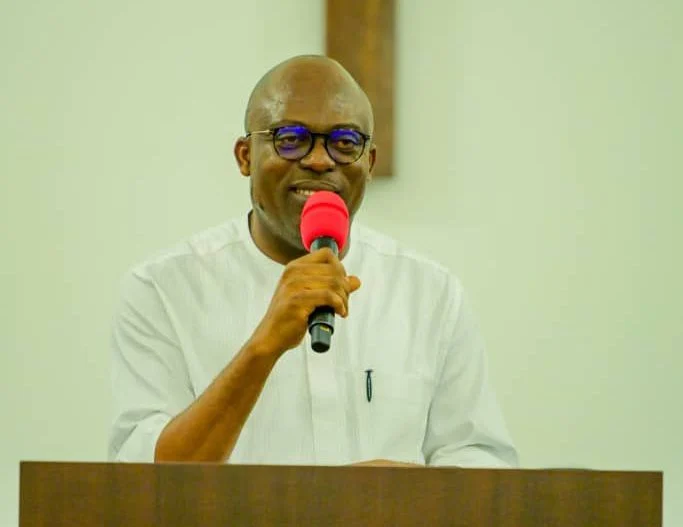Pressure is escalating on former Nigerian President Goodluck Jonathan to join the 2027 presidential election. The northern opposition is particularly keen for him to run against incumbent President Bola Tinubu. Jonathan, who led the country from 2010 to 2015, has not revealed his decision, but speculation is rampant.
A Federal High Court in Yenagoa previously cleared Jonathan to contest in 2023, stating that his right to run cannot be impeded by a retroactive law. However, he did not participate in the 2023 elections.
Jonathan became president after the death of Umaru Musa Yar’Adua in 2010 and won the 2011 presidential election. However, his bid for re-election in 2015 was thwarted by the All Progressives Congress (APC). At the time, controversy swirled around the issue of a president being sworn in thrice, which some argued disqualified Jonathan from running.
The topic of Jonathan’s potential candidacy remains contentious, with differing views emerging. Shehu Sani, a former senator, recently urged Jonathan to abandon his presidential ambitions, arguing that the People’s Democratic Party (PDP), under which Jonathan previously ran, has changed significantly. Dele Farotimi, a lawyer, expressed similar sentiments, warning that attempts to rebrand Jonathan may not be successful, given his past electoral defeats.
Dr Adetokunbo Pearse, a PDP chieftain, expressed doubts about Jonathan’s chances, highlighting his inactivity within the party and potential litigation risks. Pearse suggests that the party would be better off nominating a fresh candidate, pointing to the Governor of Oyo State, Seyi Makinde, as a viable option.
The debate surrounding Jonathan’s potential entry into the presidential fray raises critical questions about Nigeria’s electoral landscape. As the 2027 elections approach, Nigerians and international observers will watch with keen interest to see if Jonathan decides to throw his hat into the ring.



